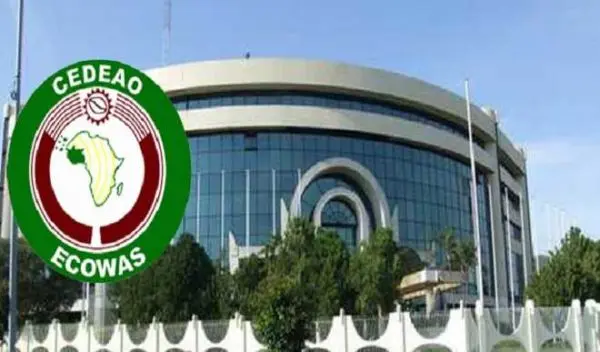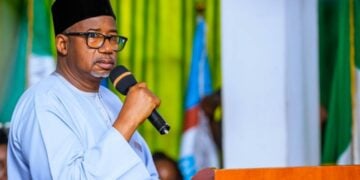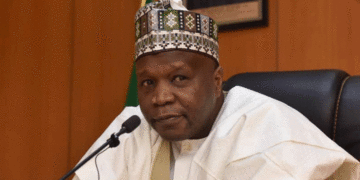The Community Court of Justice of the Economic Community of West African States (ECOWAS) and the United Nations High Commissioner for Refugees (UNHCR), Abuja Office, mapped out strategies for a joint work plan for 2025 to provide legal protection and assistance to vulnerable populations in the region.
A statement issued by the Communications Division of the Community Court at the weekend, noted that both sides held a coordination meeting at the Headquarters of the Court in Abuja, Nigeria on Friday February 7, to finalise and adopt a joint workplan for 2025.
It added that the collaboration is rooted in a Memorandum of Understanding (MoU) signed in July 2022, which is aimed at strengthening key areas including refugee protection, statelessness, judicial capacity-building, human rights across the ECOWAS region.
Dr Yaouza Ouro-Sama, Chief Registrar of the Court, and Mr Hervé Kuate, UNHCR Senior Liaison Adviser, ECOWAS/ECCAS, both reaffirmed their commitment to working together to protect the rights of displaced persons and stateless individuals across West Africa.
The meeting was attended by participants from various departments within the ECOWAS Court and UNHCR.
“The meeting opened with a review of the 2024 joint workplan, which allowed both institutions to evaluate its success and ensure it met their mutual goals. Following the assessment, the Court and the UNHCR presented and officially adopted the 2025 workplan, reinforcing their continued partnership in tackling the challenges faced by displaced persons and stateless individuals,” the statement said.
Key to the discussions was the proposed initiative for the year, which includes partnership coordination meetings, capacity-building initiatives, legal awareness campaigns, and joint advocacy activities. The adoption of the 2025 workplan reinforces the shared commitment of the ECOWAS Court and UNHCR to promoting access to justice and enhancing legal protections for vulnerable populations particularly displaced persons and stateless individuals in West Africa.
Highlights of the 2025 joint workplan include Partnership Coordination Meetings, which will be regular bi-monthly meetings to monitor the implementation of joint activities and share updates on court cases relevant to UNHCR’s mandate.
There are also statelessness initiatives, which aim to support the implementation of international and regional instruments on statelessness, including a regional training course in Yaoundé, Cameroon, and an annual coordination meeting for statelessness focal points.
In the same vein the partnership include capacity building and sensitization, which entail joint awareness campaigns in ECOWAS Member States, training sessions for legal practitioners, and consultations on a moot court programme designed by the ECOWAS Court.
Humanitarian Field Assessments are also part of the workplan and these involve fact-finding missions to refugee and internally displaced persons (IDP) camps to gain firsthand insights into the humanitarian situation in the region.
Judicial and Legal Framework Support are also part of the agreement and these involve information sessions for UNHCR country offices, NGOs, and partners on the mandate and procedures of the ECOWAS Court, as well as the development of a roster of lawyers for capacity building initiatives.
Another aspect is the resource support, which entails legal resources including donation of legal books to the ECOWAS Court Library and specialised training for Court staff on refugee and international humanitarian law.
Mixed Reactions As Ebonyi Govt Asks LG Chairmen To Sponsor Pilgrims











